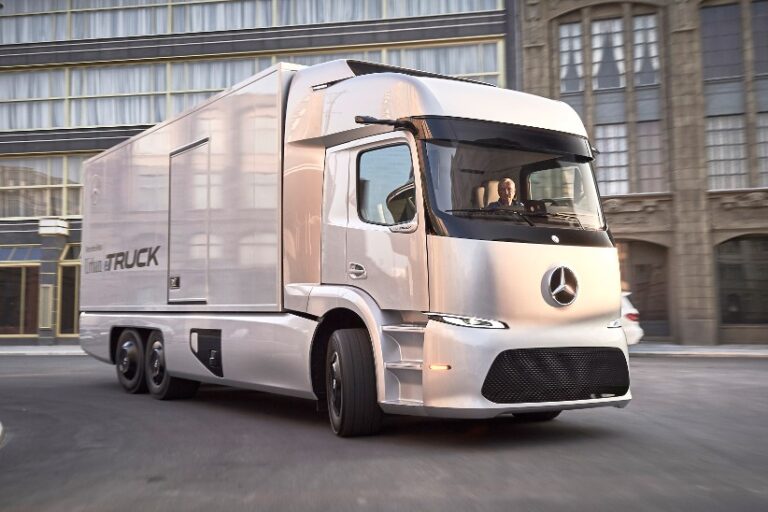– By David Brown –
Electric vehicles were used to set the first official land speed records between 1898-1899 but then no one managed to develop the technology as a practical alternative to the internal combustion engine.
Even recently, General Motors tried and failed with the EV1. It was the first mass-produced electric vehicle of the modern era but was only built from 1996-1999.
While the first Nissan Leaf, and the first Mitsubishi i-Miev were significantly better, they were still expensive and a bit of a struggle to use.
But the new Leaf has received positive reviews. And of course, there is Tesla, who took electric vehicles from the pipe dream of the environmentally conscious to the epitome of free thinking, innovative start-ups that, while initially expensive, had range, style and performance.
Electric vehicles are being developed across the full spectrum of market segments. When France and the UK said they wanted all new cars to be electric vehicles by 2040 some people in the industry said that this was not an ambitious target.
There are even “hero cars”. BMW has the low-slung i8 sports car and Volkswagen has finally committed to building a modern version of a Kombi vehicle to be called the ID Buzz with an all-electric power system. Even Rolls Royce has said it will go straight to electric vehicles and not bother with hybrids.
But the big issue is practical, affordable electric vehicles. And they are coming.
- General Motors has launched its Chevrolet Bolt as the next step from the plug-in hybrid Volt. It is priced at US $37,500 before a $7,500 federal tax credit.
- Tesla is taking orders at a rapid rate for their Model 3 which will sell for US $35,000.
- Volvo said it would build its first all-electric car in China in 2019 and export it around the world. They are talking in the price range of US$35,000 and $40,000.
- Ford plans to have an all-electric SUV by 2020 which it says it will have a range of 500 kilometres and be priced similar to their Escape.
- It is anticipated that Volkswagen will launch an electric crossover in 2020 with a range of 400-500 kilometres and at “a competitive price”.
This technology is not just for cars. Daimler Trucks has presented the Mercedes-Benz Electric Truck in Stuttgart, as the first fully electric truck with an admissible total weight of up to 26 tonnes. Tesla will launch their “Semi” truck on 26th October 2017.
It should be noted that fossil fuel engines will see some major improvements in the near future and this could prolong the use of this technology, even if it is used in hybrid vehicles.
For example, Mazda has announced that it has developed compression ignition in a petrol engine that improves efficiency up to 20–30 percent. Nissan has also announced that they are close to perfecting the variable compression ratio engine that allows for more efficient engines. Mercedes Benz also has some major fossil fuel engine developments coming up including an in-line six engine.
So it may still take a while for complete EV adoption but not a generation.






